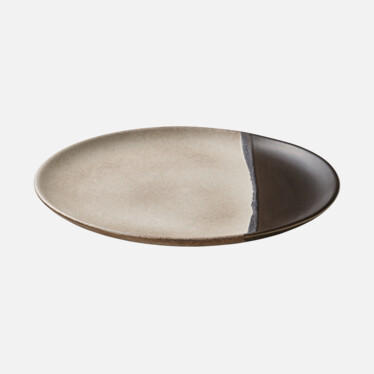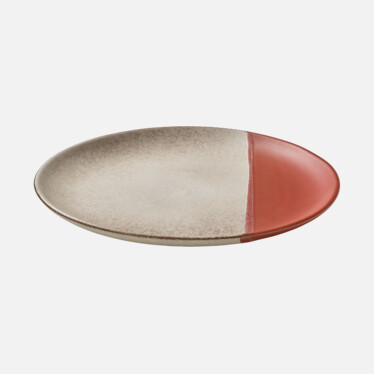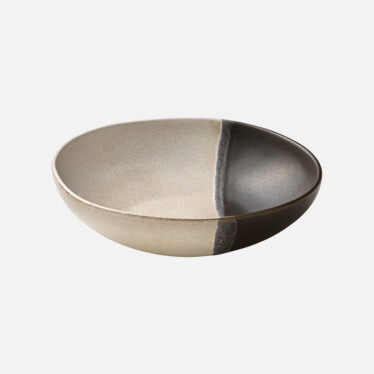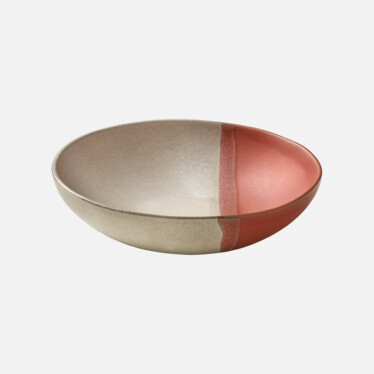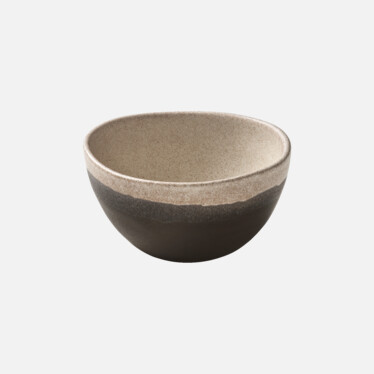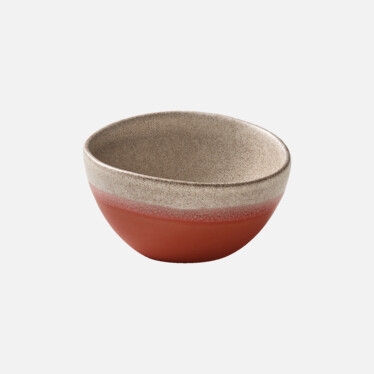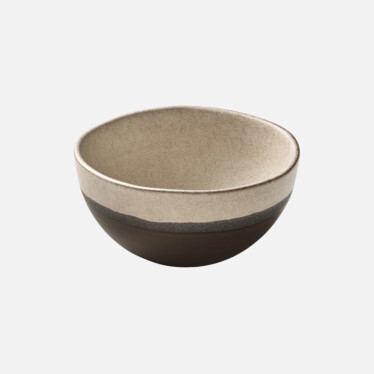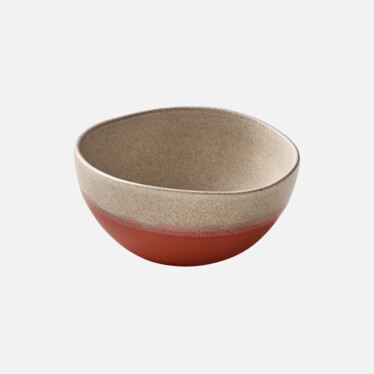What are Natural sweeteners?
Natural sweeteners are substances that are obtained from natural sources and are used to sweeten food and drinks without resorting to conventional sugar or artificially produced sweeteners. The reason for this is usually a healthier or more natural diet.
Natural sweeteners: the best sugar alternatives
There is a whole range of interesting alternatives to normal sugar that can be used as natural sweeteners in the kitchen:
- Honey: probably the best-known natural sweetener. Honey varies in taste depending on the flowers from which the bees collect nectar.
- Maple syrup: A sweetener obtained from the sap of certain maple trees. The sap is boiled down to produce a thick syrup.
- Stevia: A natural sweetener obtained from the leaves of the Stevia rebaudiana plant. Stevia is known for its high sweetening power.
- Agave syrup: A sweet syrup made from the juice of the agave plant. It is particularly popular in vegan diets, for example as an alternative to honey.
- Date sweetener: Obtained from dates, this sweetener offers a healthy alternative to refined sugar. It is often used in the form of date syrup or date paste.
- Sweet potato nectar: This less commonly used sweetener is made from the juice of the sweet potato. It is characterized by its unique, slightly malty taste and contains valuable vitamins and minerals.
- Pomegranate seed syrup: Also known as pomegranate molasses, this syrup is made by boiling down pomegranate juice. It has a rich, fruity taste with a fine balance between sweetness and acidity. Pomegranate seed syrup is often used in Middle Eastern cuisine and is ideal for salad dressings, marinades or as a topping for desserts.
- Monk fruit sugar: Obtained from the monk fruit, also known as Luo Han Guo, this sweetener has been known in East Asia for centuries. Monk fruit sugar has no calories and no effect on blood sugar levels. This makes it a popular choice for diabetics and anyone watching their weight.
Natural sweeteners in the food service industry
The use of sugar alternatives in gastronomy offers an excellent opportunity not only to make dishes healthier, but also to give them a unique flavor. In terms of health, natural sweeteners offer the advantage that they often have a lower glycemic index compared to conventional sugar and therefore have less of an impact on blood sugar levels. In addition, many natural sweeteners contain vitamins, minerals and antioxidants that are lacking in refined sugar, and therefore contribute to a more nutritious diet.
Not only healthy, but also tasty
Another key benefit of using natural sweeteners in gastronomy is the variety of flavor profiles they bring to the kitchen. From the subtle sweetness of agave syrup to the complex flavors of maple syrup and the exotic sweetness of monk fruit, these ingredients offer a range of flavor nuances that far surpass conventional sugar. They allow chefs to experiment with different sweeteners to create great depths and complexities of flavor. Whether it's enhancing the flavor of a dessert or adding a subtle sweetness to a savory dish: Natural sweeteners can enrich culinary creativity and contribute to the development of unique dishes that appeal to health-conscious and taste-conscious diners alike.
Serve natural desserts creatively
These innovative desserts are perfectly presented on plates from the SPOT ON collection from the PLAYGROUND brand, for example. The soft and imperfect-looking stoneware items do justice to the current "dipped" glaze trend. With this type of decoration, the plates are first dipped in the light glaze and then the other side is dipped in the colored glaze. This type of partial glazing creates a two-part look in which the two glaze colors overlap slightly. Available in two colors, black and coral, this collection provides an ideal stage for dishes with natural ingredients. With the SPOT ON collection, the name says it all: the "spot" is entirely on the culinary creation.

